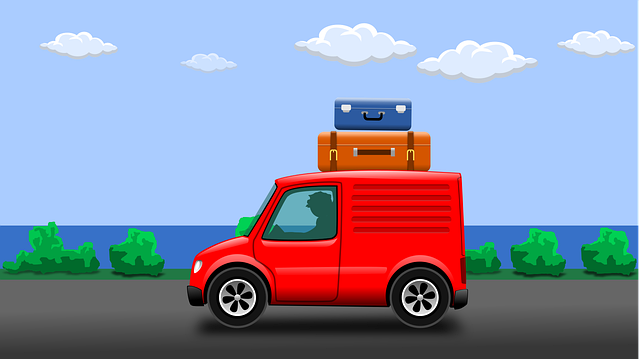Tow truck insurance policies protect business owners from financial losses due to accidents, damage, or indirect liabilities during towing operations. Rates are influenced by fleet size, location, and specific coverages like liability, equipment protection, and roadside assistance. To get competitive rates, compare quotes from multiple providers using online platforms, tailor your policy to unique needs, and review terms carefully. Successful negotiation strategies involve data-driven insights, demonstrating safety commitment, and leveraging loyalty to secure favorable tow truck coverage.
“Uncover competitive rates for your tow truck business with our comprehensive guide. Understanding tow truck insurance policies is key to securing affordable protection tailored to your unique operations. Explore the factors influencing these rates, from vehicle type to operational risks. Learn effective strategies to negotiate lower premiums and discover case studies showcasing successful deals within the industry. Optimize your budget without compromising on essential coverage.”
- Understanding Tow Truck Insurance Policies: What You Need to Know
- Factors Affecting Competitive Rates in Tow Truck Coverage
- How to Get the Best Deals on Tow Truck Insurance Policies
- Case Studies: Successful Negotiation Strategies for Lower Rates
Understanding Tow Truck Insurance Policies: What You Need to Know
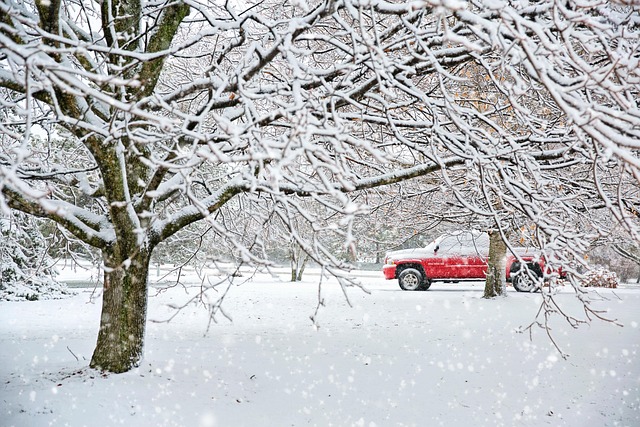
Tow truck insurance policies are designed to offer comprehensive protection for business owners operating in the towing industry. Understanding what these policies cover is essential, as it can mean the difference between a smooth-sailing business and one plagued by financial strain due to unexpected events. Tow truck coverage typically includes liability protection, which shields against claims arising from accidents or damage caused while towing vehicles. This is crucial, as tow truck operators can face significant legal repercussions if found liable for incidents on the road.
In addition to liability, these policies often encompass physical damage coverage, ensuring that your business’ equipment and vehicles are protected in case of accidents or theft. They may also include contingent liability protection, which covers situations where a third party sues due to indirect losses stemming from your towing operations. By considering these various aspects of tow truck insurance, operators can make informed decisions when comparing rates, ultimately securing policies that align with their specific business needs and offer competitive rates.
Factors Affecting Competitive Rates in Tow Truck Coverage
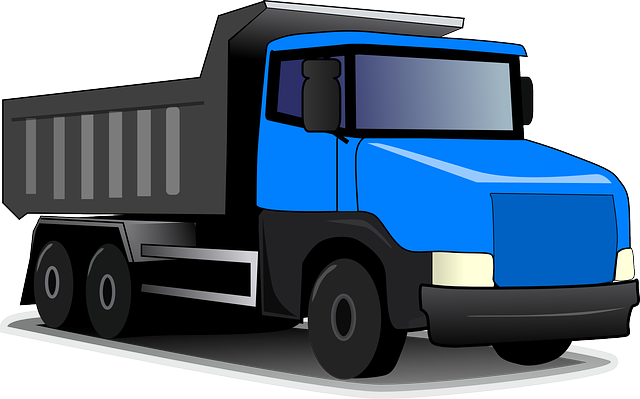
Competitive rates for tow truck insurance policies are influenced by several key factors that shape the landscape of tow truck coverage. First and foremost, the type and size of the tow truck fleet play a significant role. Larger fleets generally face higher risks due to increased exposure, leading to potentially higher premiums. Conversely, smaller operations might enjoy more competitive rates as their risk profile is perceived as lower.
Another critical aspect is the geographic location where the tow trucks operate. Regional variations in claims frequency and severity can drastically impact insurance costs. Areas with dense populations and heavy traffic often experience higher incident rates, which insurers factor into their pricing models. Additionally, specific coverage needs, such as liability limits, towing equipment protection, and roadside assistance services offered, all contribute to the overall cost of tow truck coverage.
How to Get the Best Deals on Tow Truck Insurance Policies
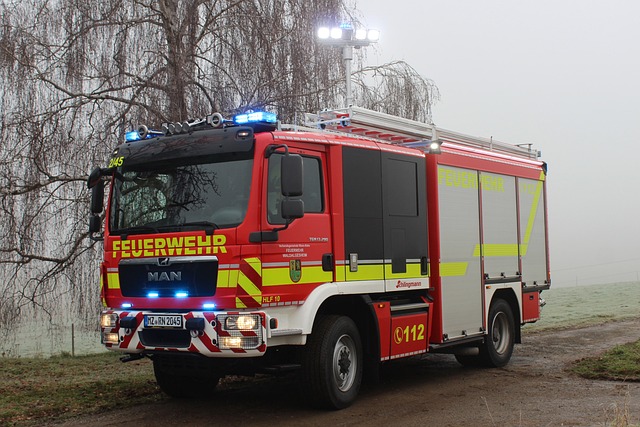
To secure the best deals on tow truck insurance policies, the first step is to compare rates from multiple providers. Online platforms offer a convenient way to do this by allowing you to input your vehicle and driver information once, then generating quotes from various insurers. This saves time and ensures you’re not missing out on any potential discounts.
Next, consider your specific needs for tow truck coverage. Different policies cater to varied risk profiles and business types. If you primarily tow light vehicles, a basic policy might suffice, while heavy-duty towing operations require more comprehensive protection. Customizing your policy based on these factors can help avoid overpaying for unnecessary coverage. Additionally, reviewing the terms and conditions of each quote will reveal any exclusions or limitations, ensuring you understand what’s covered when claims arise.
Case Studies: Successful Negotiation Strategies for Lower Rates
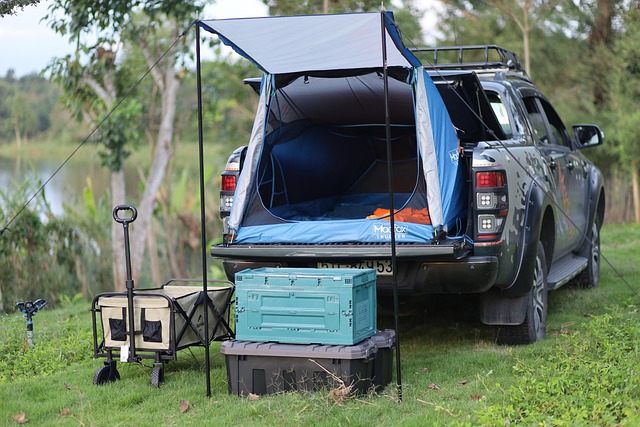
Successful negotiation strategies have proven pivotal in securing competitive rates for tow truck insurance policies. Case studies highlight that a data-driven approach, armed with industry insights and a thorough understanding of risk profiles, can yield substantial cost savings. Insurers often consider factors like fleet size, safety records, and utilization patterns when setting premiums. By presenting well-researched, accurate data on these aspects, businesses can effectively negotiate lower rates.
Additionally, leveraging the competitive landscape and exploring alternative providers can pay dividends. Comparing quotes from multiple insurers, especially those specializing in tow truck coverage, allows for strategic negotiations. Demonstrating loyalty to existing carriers or showcasing a commitment to safety through continuous training and upgrades can further strengthen one’s position during rate discussions.
Tow truck insurance policies, with their specialized nature, offer unique opportunities to secure competitive rates. By understanding the influencing factors and employing successful negotiation strategies outlined in this article, operators can navigate the market effectively. Delve into these insights to not only find suitable coverage but also secure favorable tow truck coverage rates that align with your business needs.
